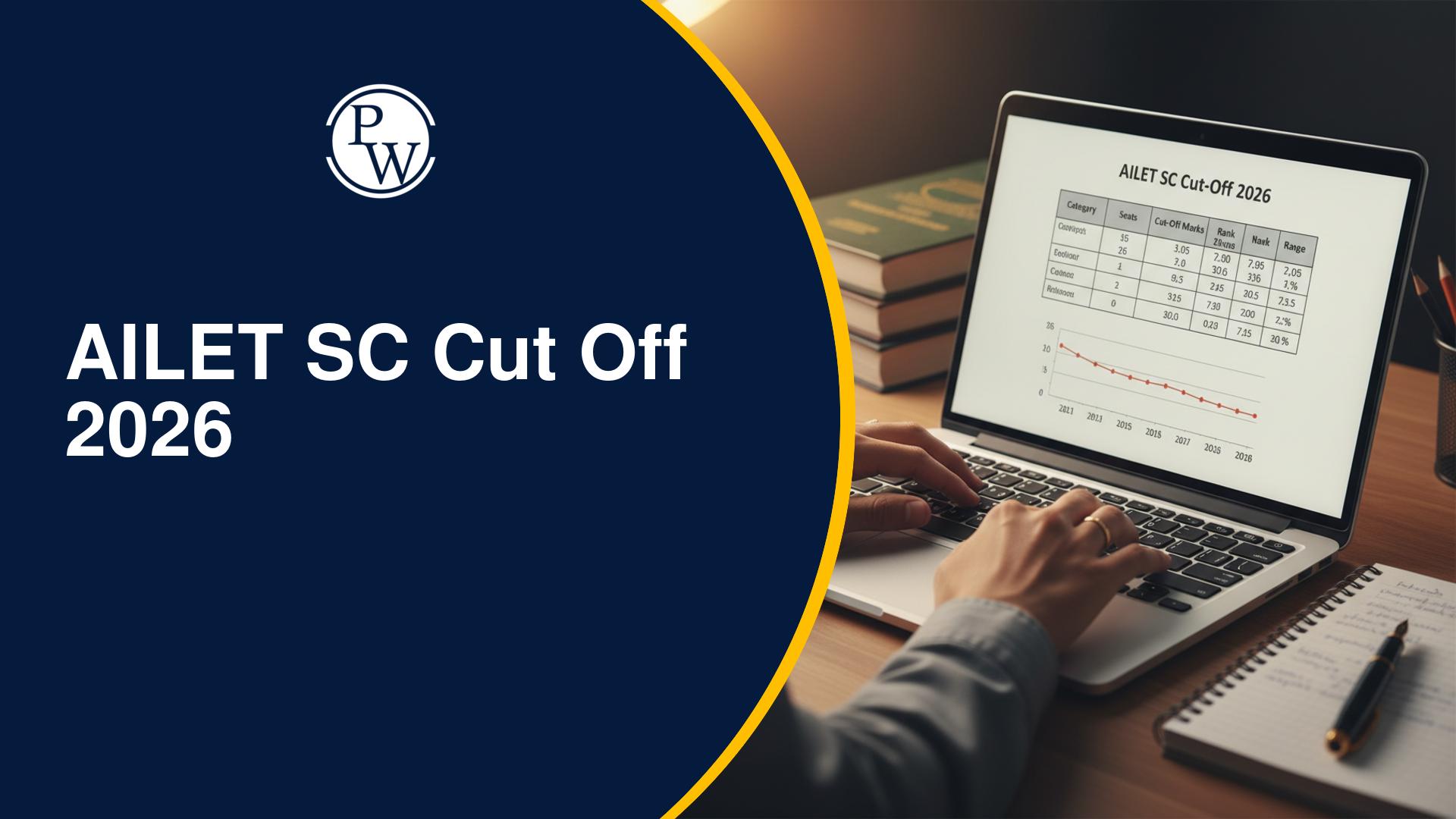
Most Common Myths about CLAT And NLUs
Most Common Myths about CLAT And NLUs: The Common Law Admission Test (CLAT) is a big test that happens every year for people who want to study law at certain universities in India. This exam is run by a group of universities called the Consortium of National Law Universities (NLUs) . They have 23 universities in total.
Since many people take the CLAT exam , it's easy for wrong ideas to spread and confuse how people get ready for it. With so many people competing, it's common for false information about the test and the universities to be believed.
This article discusses common myths about CLAT and the NLUs, emphasizing the importance of understanding them for exam preparation, while also providing comprehensive information on the CLAT exam, pursuing law as a career, and the NLUs.
Most Common Myths about CLAT And NLUs in Detail
Myth: Mathematics is not essential to cracking CLAT
This is a common myth about CLAT and NLUs - that you don't need to worry about the math section to pass CLAT! Even though math doesn't weigh as heavily in CLAT, it's still important. CLAT is super competitive, and every point counts.
Around 70,000 or more students take the CLAT exam every year. But only about 1,000 non-reserved seats are available in the top NLUs.
Competition is fierce. Every mark you get can make a big difference in your rank among thousands of students. So, ignoring math isn't wise.
Math is different from other parts of CLAT. It's more straightforward and less about opinions. You can get 100% accuracy in math, which can really boost your score in such a tough exam.
Looking at past results of CLAT toppers, it's clear that they score around 35-40 in legal skills and 30-35 in general knowledge. This shows that every section matters.
CLAT is unpredictable. Even if you're ready for the other parts, you might lose 7-8 marks unexpectedly. But if you're prepared for math, you'll have an advantage over others.
Remember, the math in CLAT is basic, only what you learned in school up to class 10. You can get ready for it in just a few weeks by practicing old papers and sample tests.
Here's how the CLAT syllabus breaks down:
| Topic | No. of Questions | Weightage in % |
|---|---|---|
| General Knowledge | 28-32 | 25 |
| Legal Reasoning | 28-32 | 25 |
| English Language | 22-26 | 20 |
| Logical Reasoning | 22-26 | 20 |
| Elementary Mathematics | 10-14 | 10 |
Since math is worth 10% of the total score, it's crucial to prepare for it carefully.
Also Read - How to Prepare for CLAT from Class 11th? Preparation Tips And Strategy
Myth: Go for private colleges if you don't get top 5 NLUs
If you don't get into the top 5 NLUs through CLAT, what should you do? This question may come up if you're preparing for the Common Law Admission Test (CLAT). But are the NLUs your only option?
Do all NLUs offer the same quality of legal education? And what if you can't make it into the top NLUs? These questions might worry you, but the truth is different, and there are several reasons for it.
There are many law colleges and universities that accept CLAT scores if you don't get into the top 5 NLUs. Out of the 24 NLUs participating in CLAT, 10 are considered top-notch and worth considering if you don't make it to the top 5.
One big reason students aim for NLUs is the job opportunities they offer. While all graduates can practice law, NLUs often open doors to corporate jobs. Major law firms prefer to hire fresh graduates from NLUs.
The infrastructure of most top NLU campuses is excellent compared to private institutes. Plus, government-backed NLUs usually have lower fees than private colleges, where fees can run into lakhs per year.
Private institutes generally have larger batch sizes, affecting the quality of education. In top NLUs, where batch sizes are smaller, students receive more attention.
However, CLAT can be unpredictable, so it's smart to have backup plans. If you don't get into a top NLU through CLAT, you can easily switch to other law entrance exams like AILET , LSAT , SLAT , or CULEE , as the preparation overlaps.
Therefore, believing in the myth of "going for private colleges if you don't get top 5 NLUs" is common but not necessarily true about CLAT and NLUs.
Also Read - CLAT Logical Reasoning 2025
Myth: JEE/NEET/CA, if you can't crack these exams, then let's do CLAT
If you're considering CLAT as a backup plan, first determine if you truly desire a career in law, as pursuing the exam should only be considered if you're genuinely interested in the field.
A career in law is unquestionably the most popular. Students can explore and conquer a variety of career paths in law. The Scope of LAW In India is huge regarding salary, Job Opportunities & Growth. It also gives a sense of fulfilment from assisting society's members in becoming more aware of and comprehending fundamental human rights. There are many careers after your 12th class and a wide range of possible work environments and focus areas. So, considering the law as a backup plan is never a good idea. Clearing the CLAT exam is altogether a different game. CLAT has developed a reputation for being one of the most difficult entrance exams to crack. Only about 5% of all the aspirants get into a National Law University.
Most Common Myths about CLAT And NLUs
Has anyone cracked CLAT without coaching?
What is the minimum rank in CLAT for NLU?
Which university does not accept CLAT scores?
Is CLAT unpredictable?
Which subject is hardest in CLAT?









